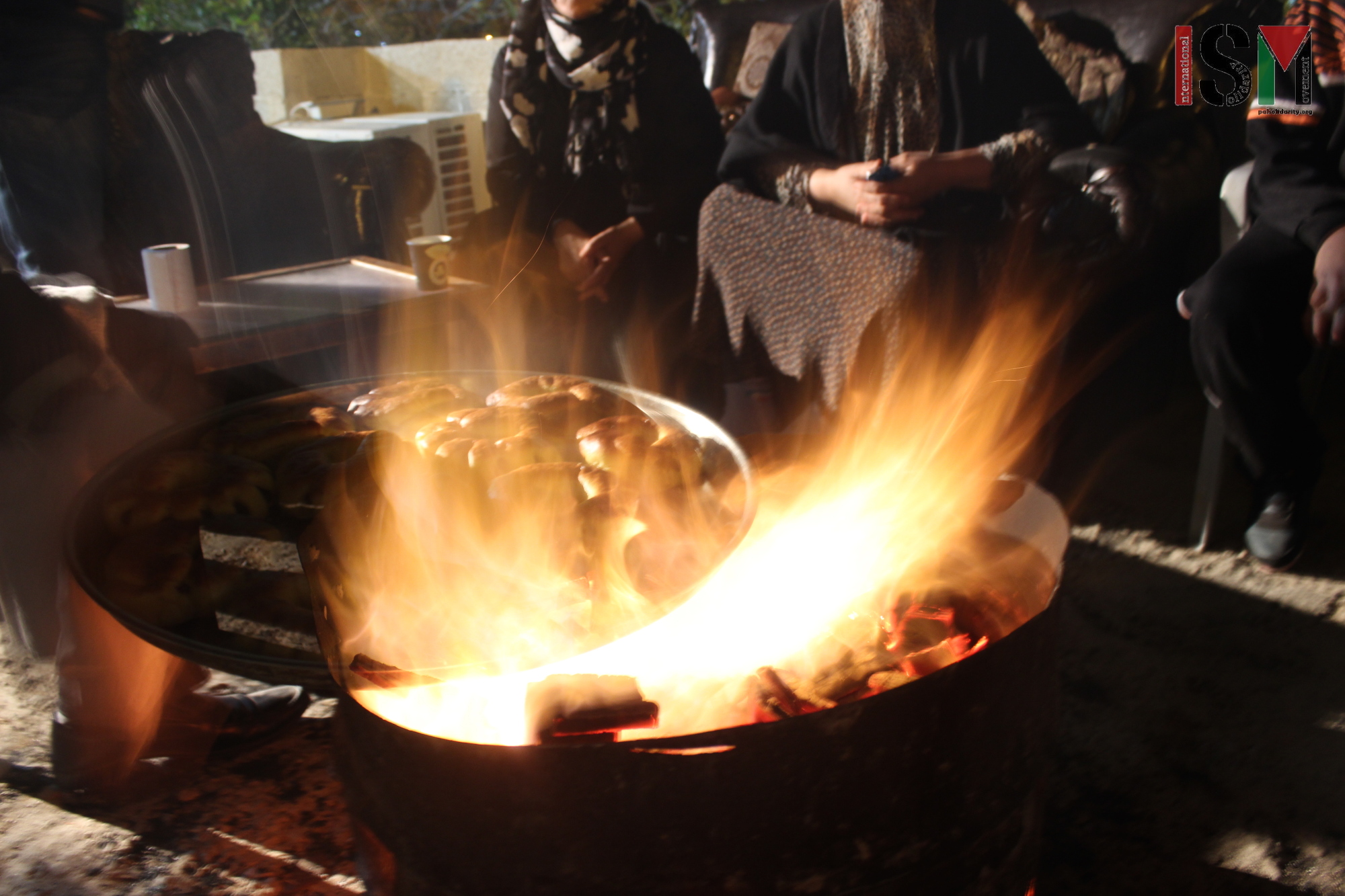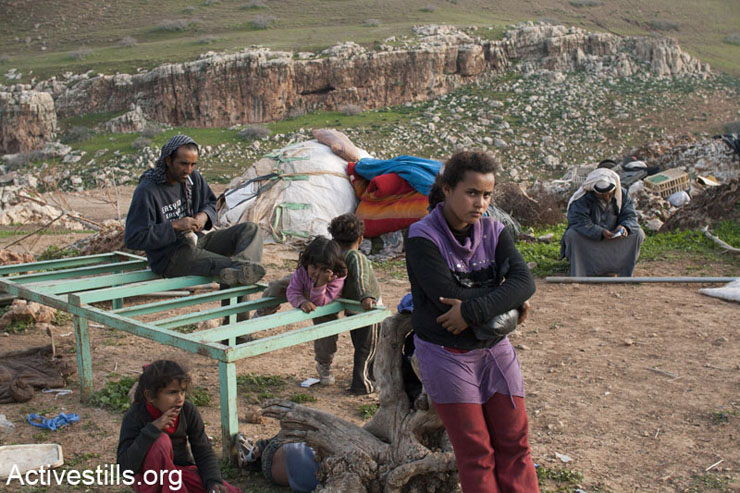Tag: Eviction
-
Journal: House demolition in East Jerusalem
27th April 2015 | International Solidarity Movement, Team Al Khalil | East Jerusalem, Occupied Palestine This has been hard to write down. The three of us put off again and again the thoughts and fears of that day, to remember them and to finally write them down. We have been avoiding it, because it is easier to…
-
Protest against forced eviction pushes Israeli forces from the area
22nd September 2013 | International Solidarity Movement | Ezaryah, Occupied Palestine Today at 10:00, approximately 40 Palestinians and internationals marched together on a demonstration in the Ezaryah area east of Jerusalem. The demonstration was called to protest the forceful eviction of Palestinian Bedouin families in the Ras al-Baba area, close to Jerusalem. The civil administration is planning…
-
Summary of nine days of demolitions and displacement in Al Maleh, Jordan Valley
29 January 2013 | OCHA Displacement Working Group, edited by International Solidarity Movement, Al Maleh, Occupied Palestine On 17 January, Israeli occupation forces demolished 47 (sic) residential and other structures in Hamamat Al Maleh area, displacing 60 people, more than half of them children. On 19 January, Israeli occupation forces confiscated basic emergency tents that…



